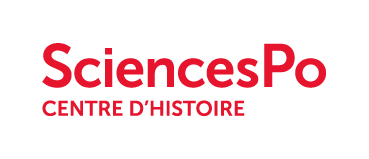With the defeat of the Nazi Empire in 1945, Eastern European societies needed to reconstruct their badly damaged industrial, political and social infrastructure. Yet Eastern Europeans also wished to embark on new departures to construct a brighter future. The goal was not simply to return to the status quo ante bellum, which had often been highly conflict-torn, but to construct qualitatively ‘better’ societies in more ways than one.
Communism, for obvious reasons, became a major player in this conjuncture from the very beginning of the moment of liberation onward. On the one hand, the hopes and wishes of significant numbers of Eastern European citizens were closely linked to various options of a post-capitalist society, regardless of whether they identified with Communism or not. The presence of sometimes rather strong Communist Parties added an important and peculiar dimension to such efforts.
The four presentations of this Round Table are meant to draw attention to four crucial aspects of this tug of war between collective desires for meaningful political and economic democracy and the realities emerging in the course of the ensuing Cold War.
MARIO KESSLER, ZENTRUM FÜR ZEITHISTORISCHE FORSCHUNG, POTSDAM)
«Real Socialism? Returnees from Western Exile as Historians in the GDR»
CATHERINE SAMARY, UNIVERSITÉ DE PARIS IX-DAUPHINE
«From the Communist ‘Concrete Utopia’ to the Janus Face of the ‘Vanguard Party’ - and Vice Versa»
KRISTEN GHODSEE, UNIVERSITY OF PENNSYLVANIA
«Beyond the Double Burden: Women’s Rights and State Socialism in Eastern Europe»
TOM JUNES, EUROPEAN UNIVERSITY INSTITUTE, FLORENCE
«From True Believers to Real Rebels: The Origins of Eastern Europe’s 1968»
Évènement en Anglais










 18/03/2021
18/03/2021 14:30
14:30 



